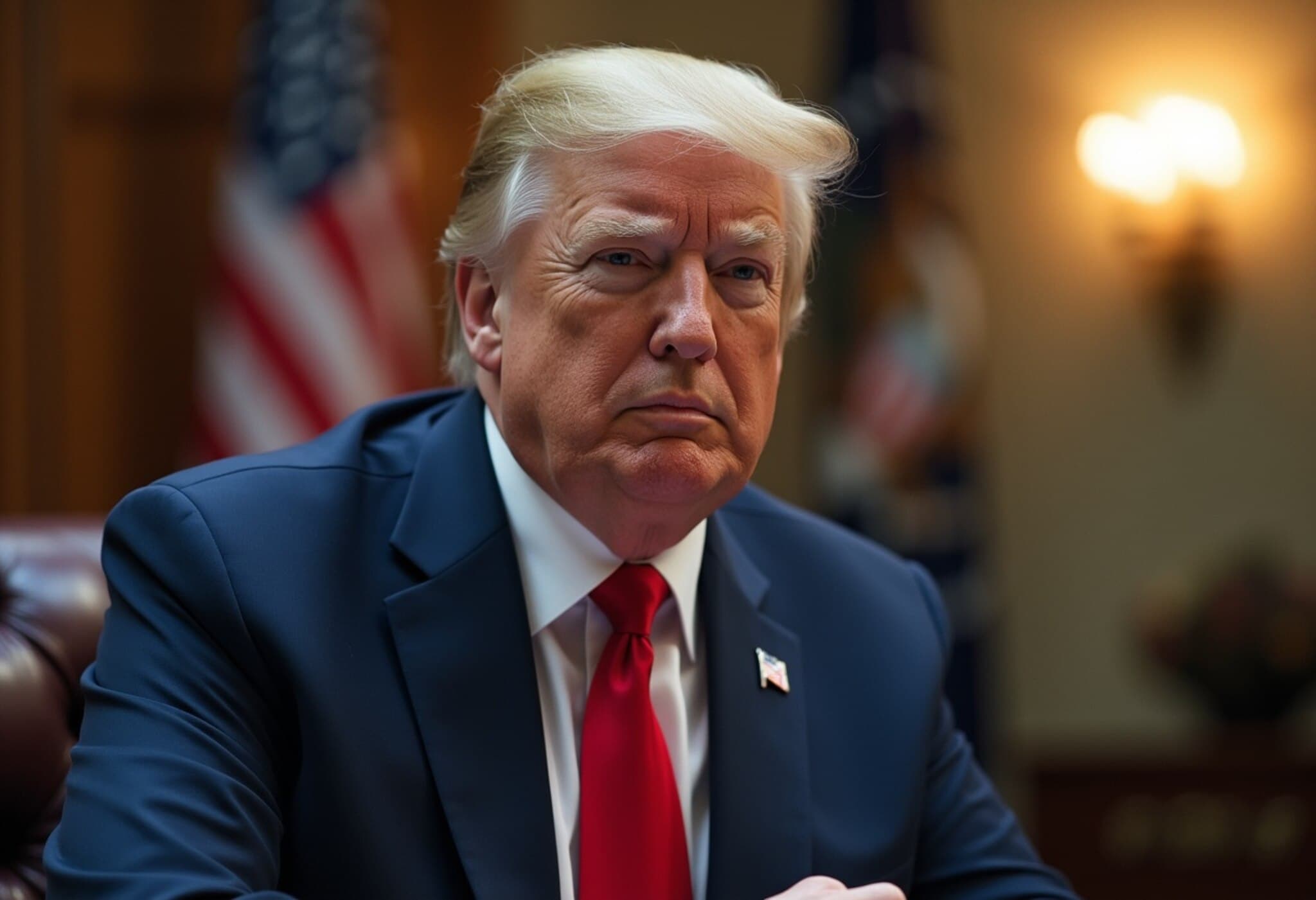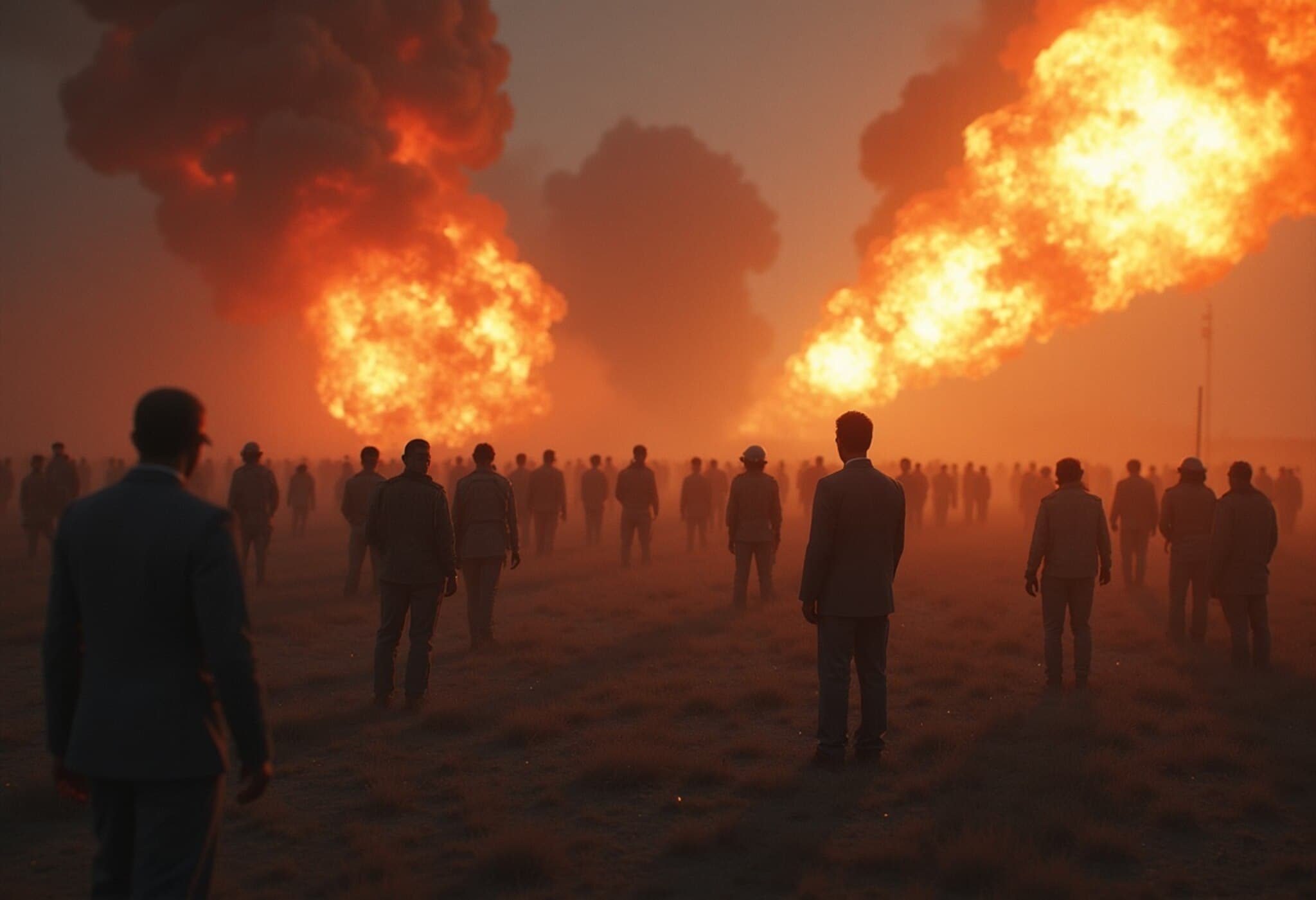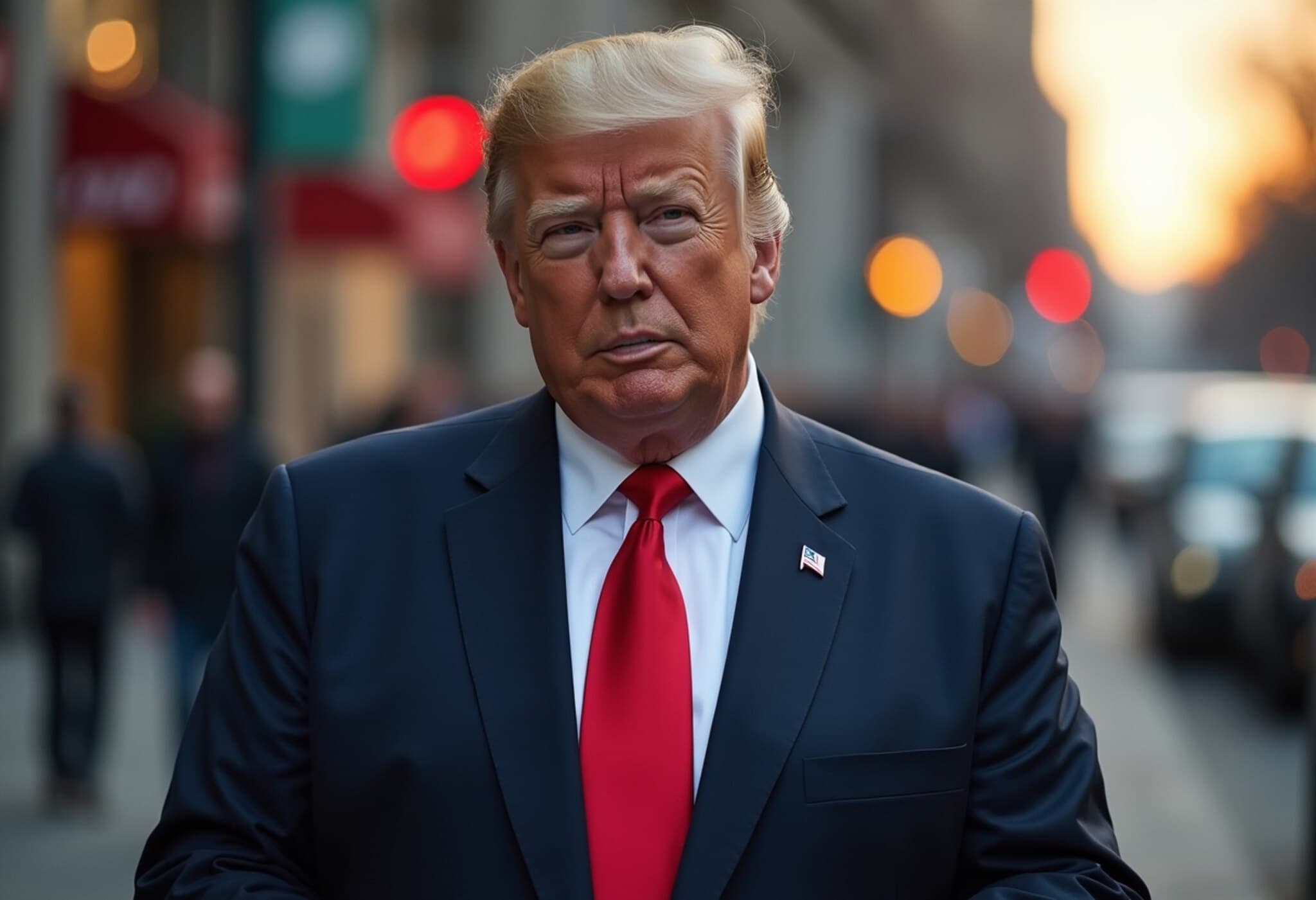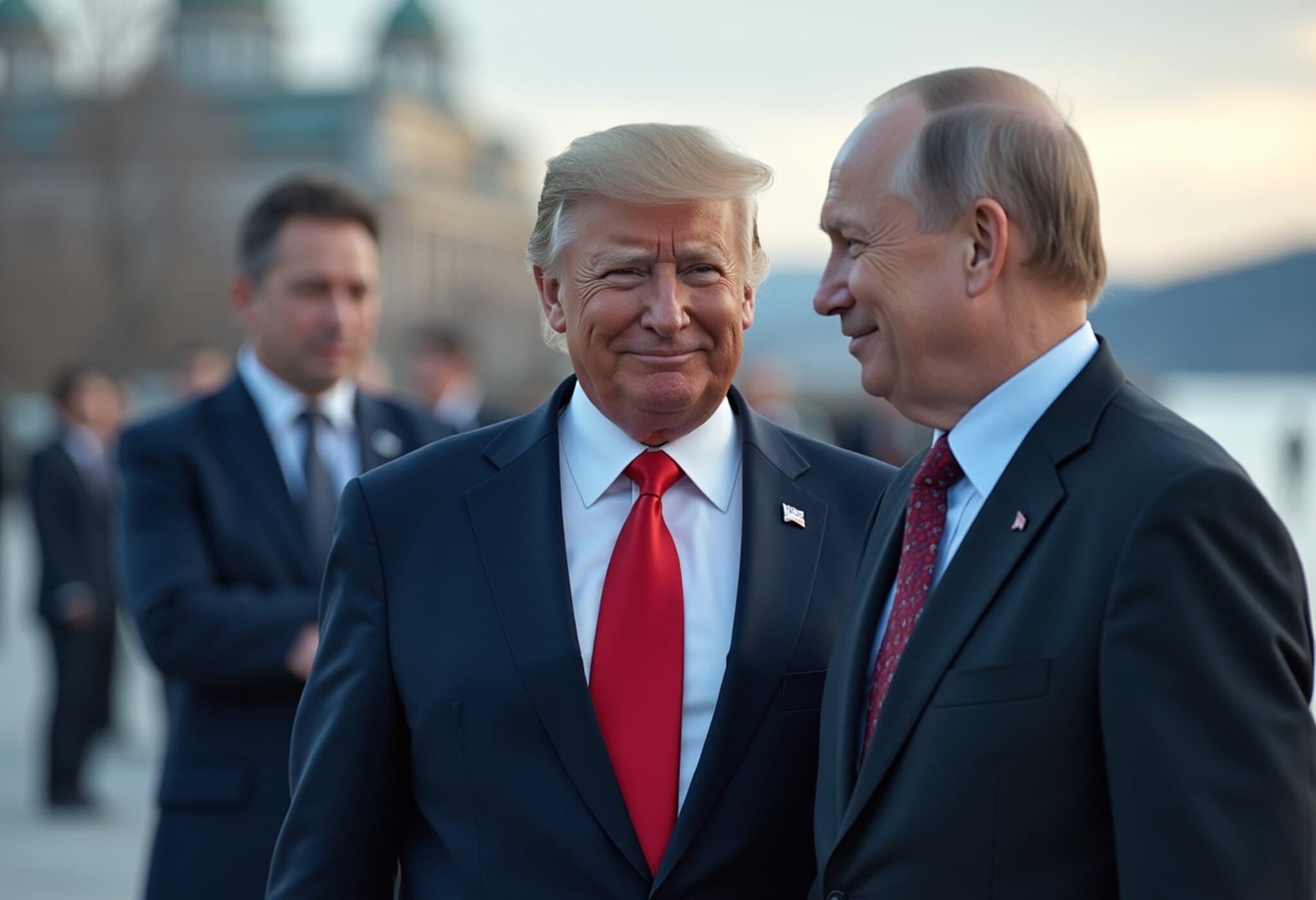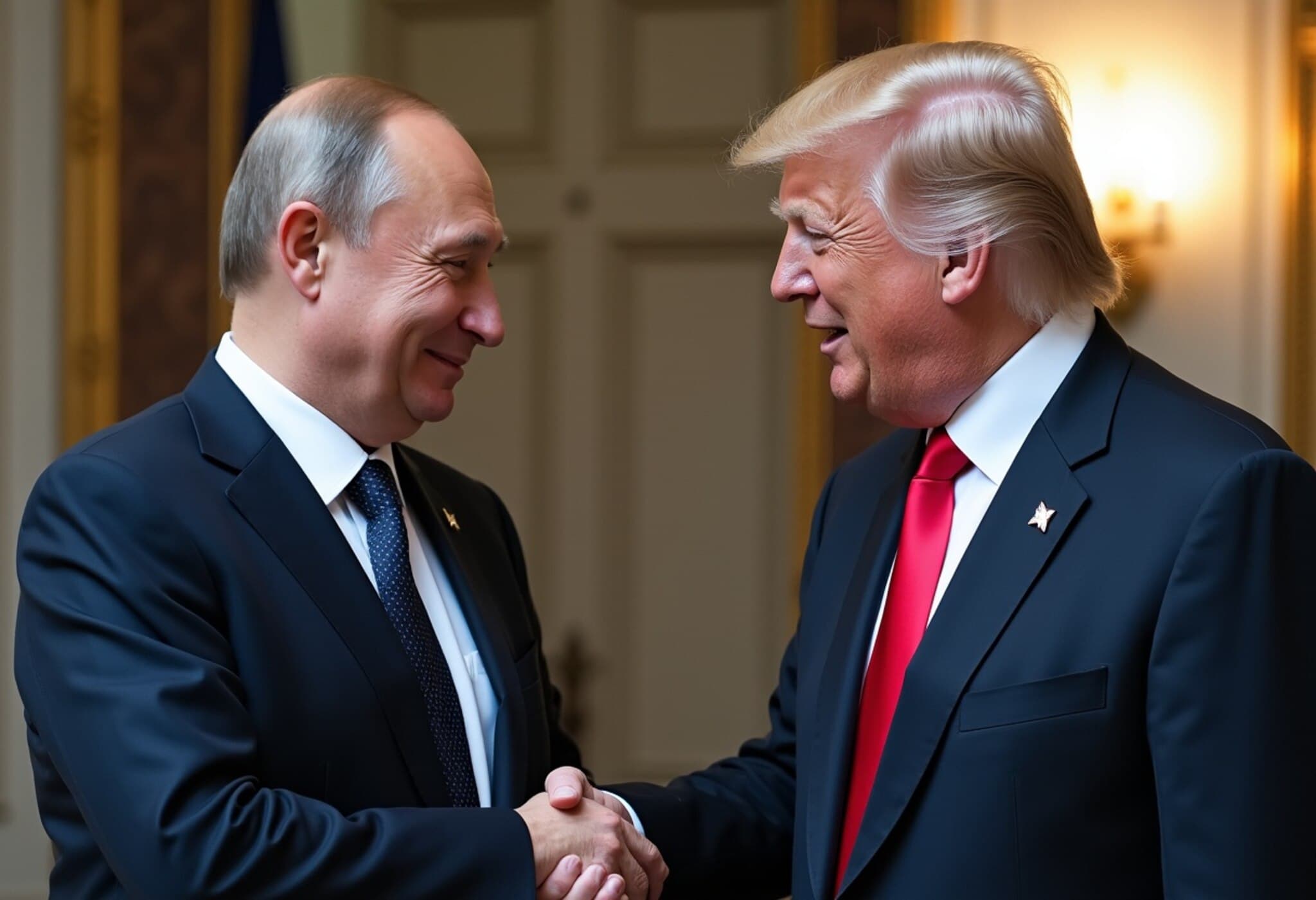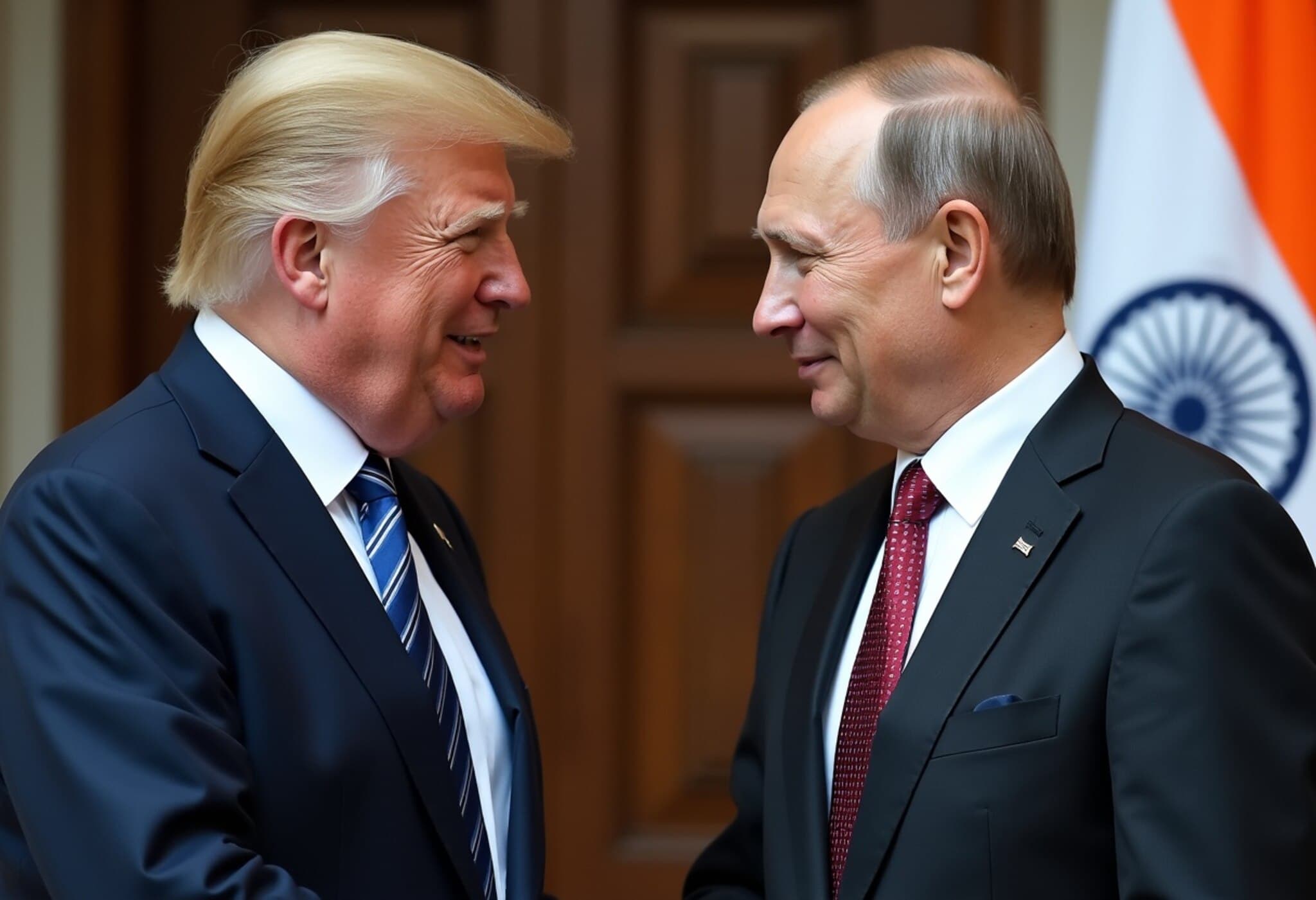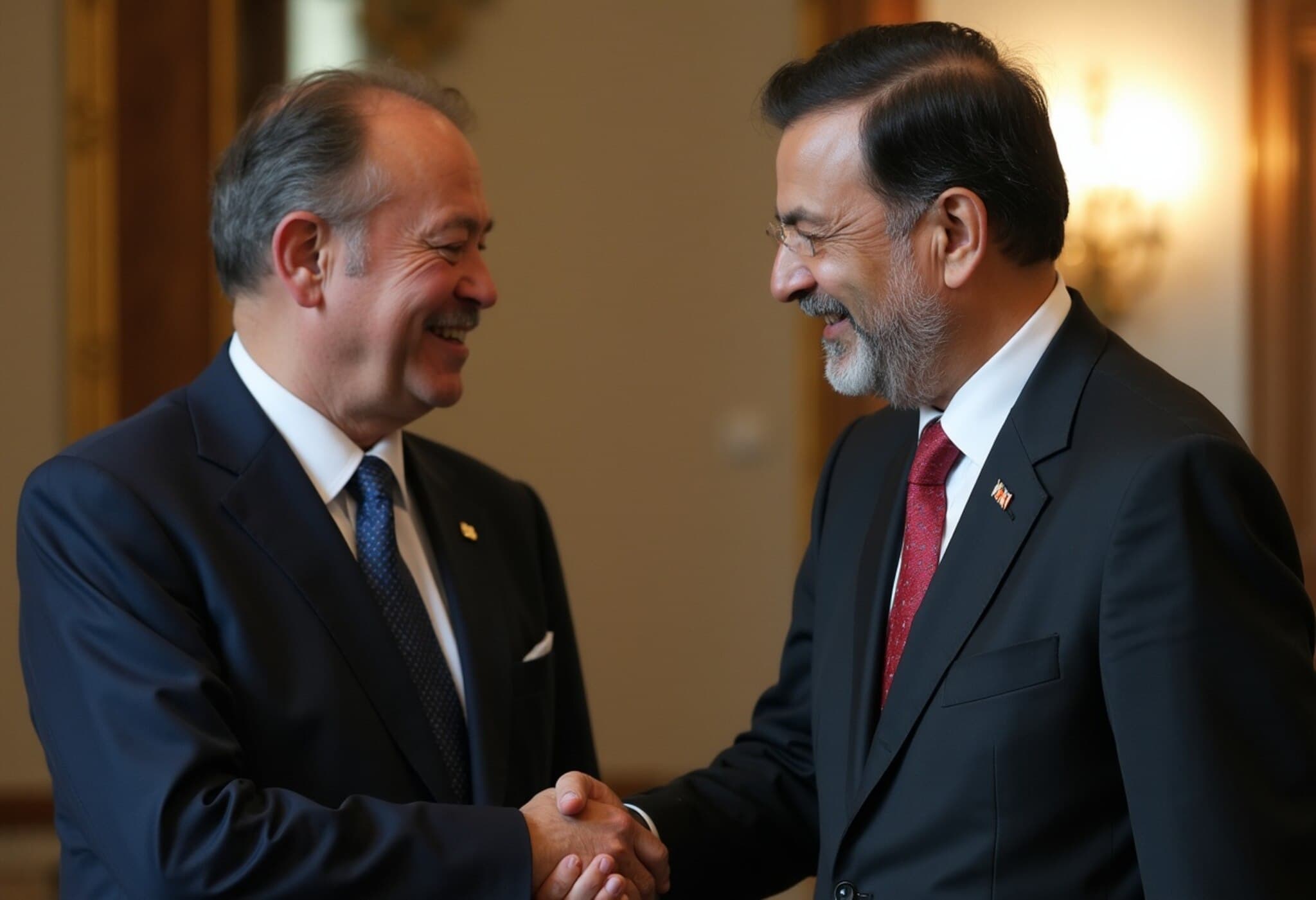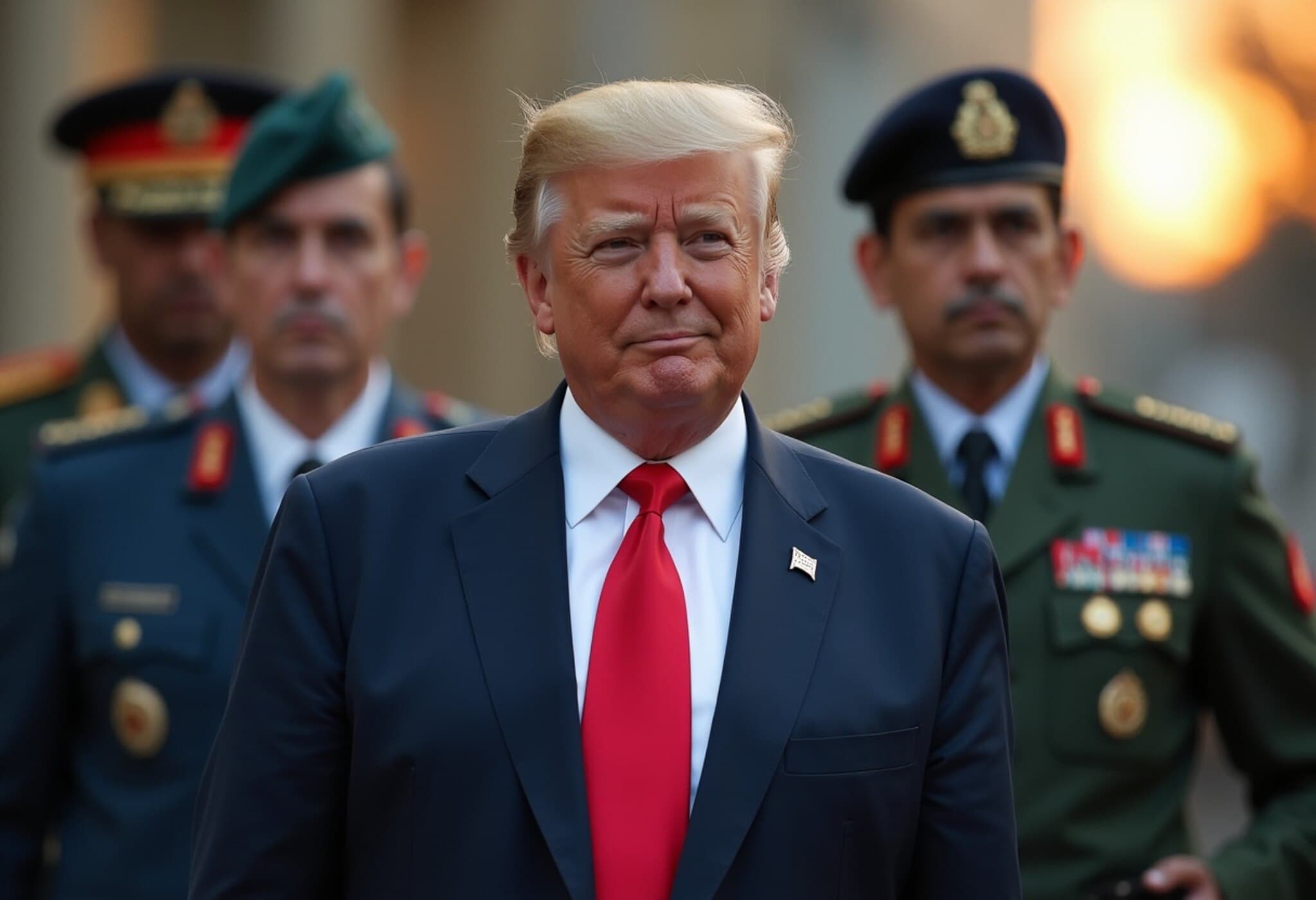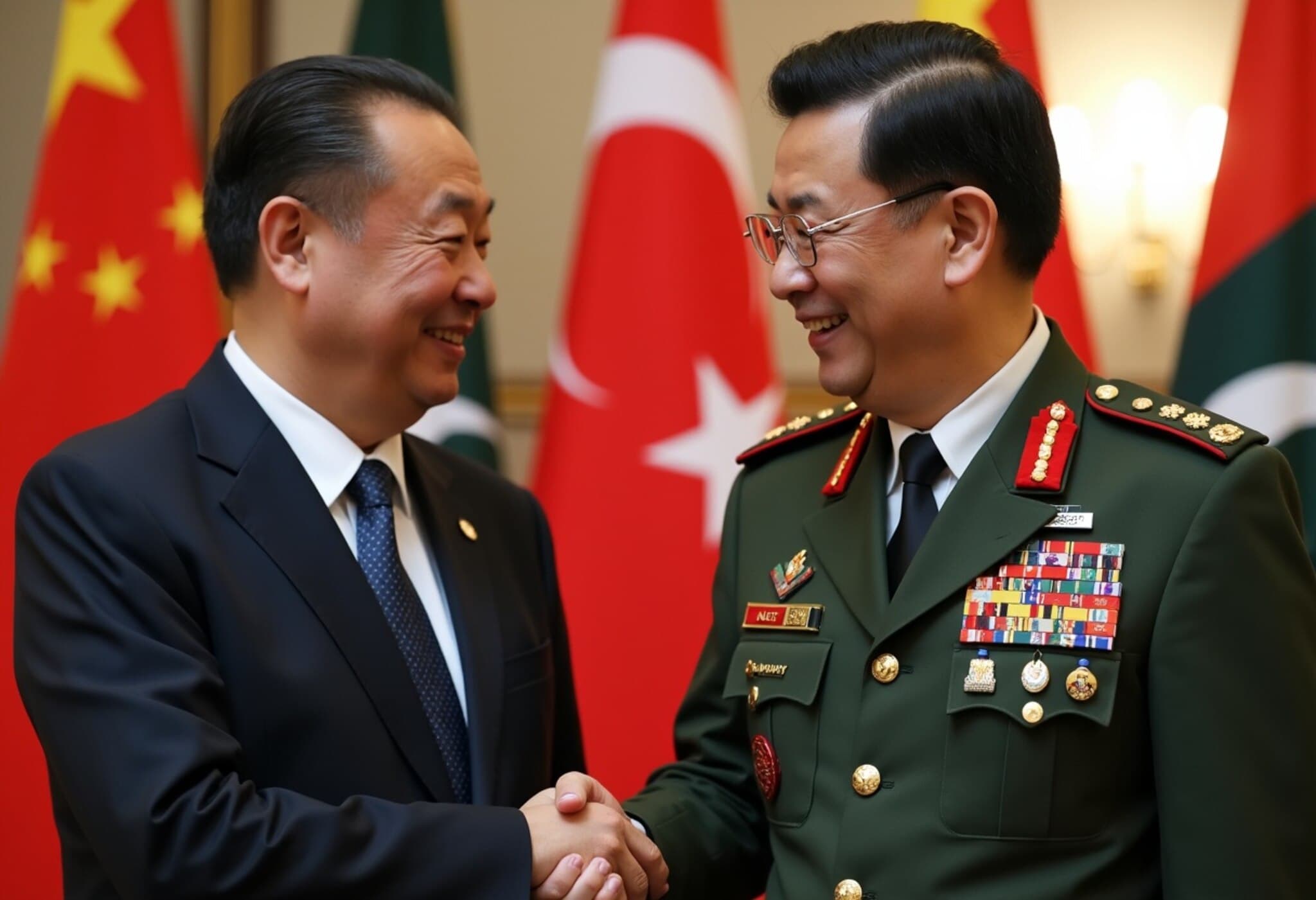Baloch Leader Mir Yar Baloch Challenges Trump on Pakistan’s ‘Oil Reserves’ Claims
In a thought-provoking open letter addressed to former US President Donald Trump, Baloch leader Mir Yar Baloch has issued a stern warning regarding the purported “massive oil reserves” in Pakistan. The letter contends that Trump was misled by Pakistan’s military leadership, specifically General Asim Munir, over the true ownership and location of valuable natural resources. According to Yar Baloch, these resources do not reside within Pakistan’s recognized territory but rather in the separatist "Republic of Balochistan," a region he describes as under illegal Pakistani occupation.
The Core of the Dispute: Resource Ownership and Sovereignty
Yar Baloch emphasizes that the oil, natural gas, copper, lithium, uranium, and rare earth minerals touted in recent negotiations actually belong to the Baloch people, not Pakistan. He asserts that the Pakistani claim over these resources is a deliberate misappropriation, aiming to exploit Balochistan’s wealth for political and financial gain.
"Your recognition of the vast oil and mineral reserves in the region is indeed accurate," Yar Baloch states, "but it is imperative your administration understands you have been gravely misled by Pakistani military and diplomatic channels concerning the true geography and ownership of these resources."
Trump’s Deal and Its Implications
Earlier, Trump took to his platform Truth Social to announce a significant bilateral deal with Pakistan focusing on developing these oil reserves. According to his post, the US and Pakistan were in the process of selecting an oil company to lead the venture. Supporting the narrative, Pakistan’s largest refinery, Cnergyico, confirmed its agreement with energy giant Vitol to import one million barrels of American crude oil—a historic first for Pakistan.
However, the Baloch leader’s letter punctures this narrative by asserting that Balochistan’s resources are being exploited without the consent of its people—an act that undermines their right to self-determination and sovereignty. It echoes longstanding grievances over the region’s political status and economic marginalization.
Regional and Geopolitical Context
This revelation brings to light the complex and often overlooked struggles of the Baloch nationalist movement. Balochistan, rich in minerals and strategic resources, has long been a flashpoint in South Asia’s geopolitical contest, involving Pakistan, China, and local insurgent groups. The letter also indirectly questions the transparency of Pakistan’s military dealings and diplomatic narratives presented to international actors like the US.
Experts say that the international community must critically assess claims surrounding resource ownership to avoid inadvertently supporting controversial political agendas that may exacerbate regional tensions. The US, with its strategic interests in South Asia and energy security, faces a delicate balancing act in navigating diplomatic relations and respecting regional sovereignty.
The Baloch Stance: Non-Negotiable Sovereignty
Mir Yar Baloch firmly states in his letter, "We will not permit Pakistan, China, or any other foreign power to exploit our land or its resources without the explicit consent of the Baloch people." He characterizes their quest for autonomy and rightful ownership of resources as an enduring struggle marked by dignity and resilience.
His letter invites a crucial reflection on how indigenous and separatist voices are represented—or sidelined—in global discussions about natural resources and sovereignty.
Editor’s Note
This open letter by Mir Yar Baloch sheds light on the often-unheard perspectives about Balochistan’s contested resource wealth and political status. It raises vital questions about transparency, sovereignty, and the risks of oversimplified diplomatic narratives when dealing with complex regional conflicts.
For policymakers and energy sector stakeholders, this serves as a reminder to engage with all regional actors and consider the historical and political nuances that influence resource ownership claims. Moreover, it highlights the importance of respecting self-determination rights—a principle that should be central to any international partnership involving natural resources.
As global energy dynamics evolve, the world must tread carefully to ensure that cooperation does not come at the expense of marginalized communities whose livelihoods and identities hinge on these contested lands.



